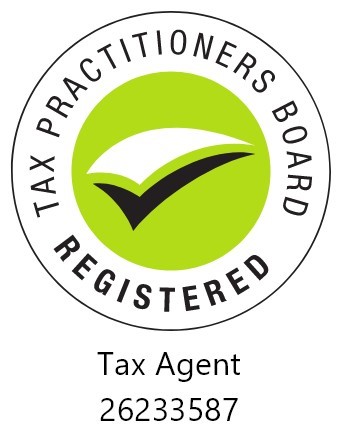
When you are moving between two countries, to determine which country can tax your income and assets you need to determine your tax residence. Where large transactions are involved, like the sale of a property, residence can make a significant difference to the tax liability.
For example, in the UK employment-related benefits, Benefits in Kind, are taxed on the employee, whereas in Australia they are subject to Fringe Benefits Tax for the employer – two very different tax treatments.
So, it is vital that you understand your residence position.
Each country has its own set of rules to determine when a taxpayer is resident. However, it is possible to be resident in more than one country, and when that happens you have to consider the how the application of any Double Tax Treaties between the two residence countries changes the tax position.
Understanding how that “dual-residence” is resolved and what it means for how your income and assets are taxed, is usually at the forefront of any International Tax advice provided by your Fairway team.


